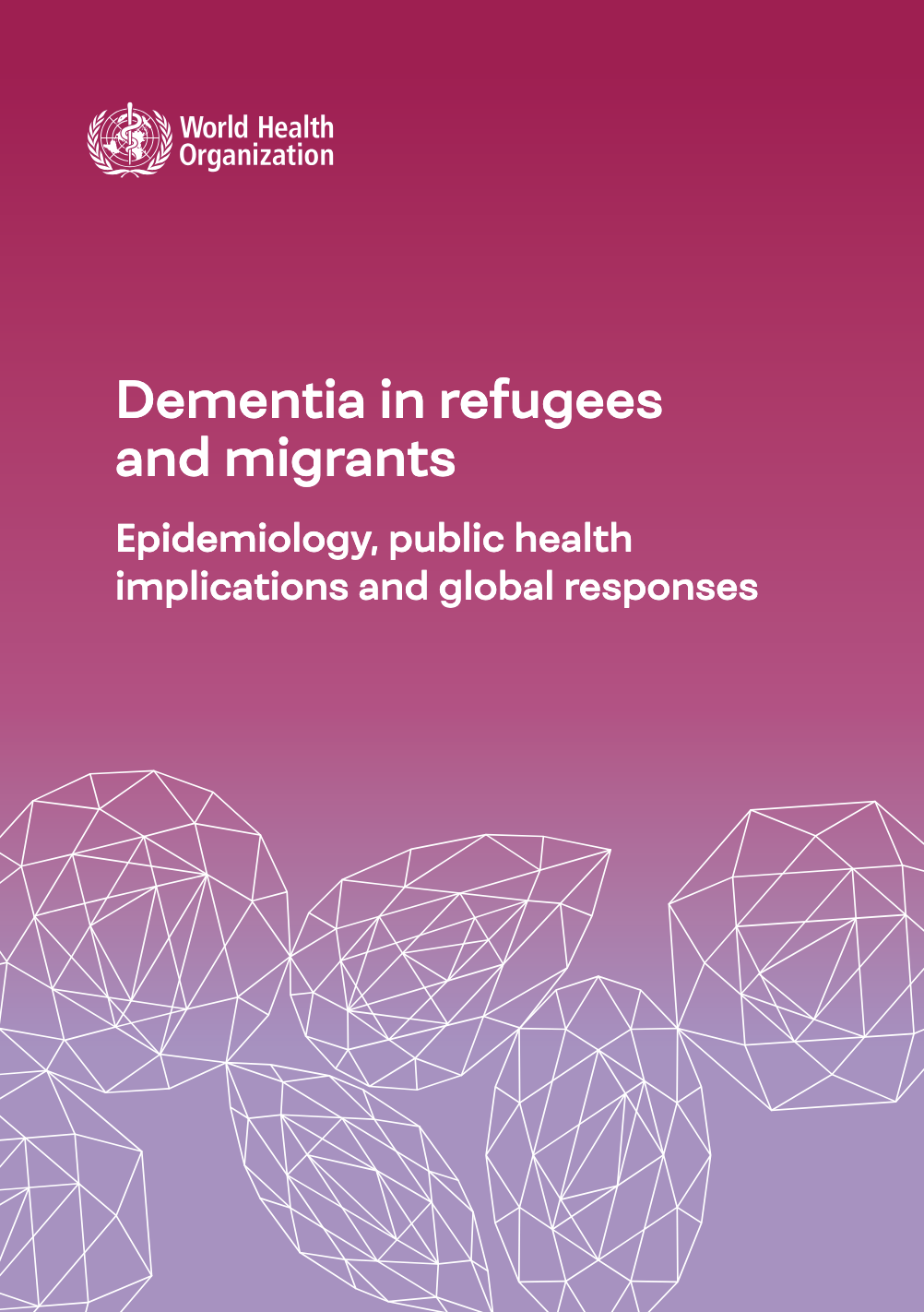Dementia in refugees and migrants: epidemiology, public health implications and global responses
Lab members Alessandro Blasimme and Mattia Andreoletti contributed to the drafting and development of a new report in WHO’s Global Evidence Review on Health and Migration Series.

The World Health Organization (WHO) recently released a new report, "external page Dementia in refugees and migrants: Epidemiology, public health implications and global responses," as part of their ongoing Global Evidence Review on Health and Migration series, a crucial publication to which our lab members, Alessandro Blasimme and Mattia Andreoletti, significantly contributed in its drafting and development.
What is this report about?
The publication delves into the often-overlooked challenges faced by older refugees and migrants in managing dementia, comprehensively reviewing existing evidence on risk factors, barriers to care, and the impact of migration on diagnosis and treatment. Highlighting crucial themes such as access to health services, cultural and structural barriers, and the urgent need for dementia-inclusive policies and support systems, the report proposes key policy considerations aimed at enhancing awareness, improving care pathways, and strengthening support for carers, ultimately advocating for equitable access to dementia care to build more inclusive and effective health systems for all.

Read the report in full:
Ancidoni, A., Andreoletti, M., Bacigalupo, I., Bargagli, A. M., Bruno, G., Calia, C., ... & Watermeyer, T. (2025). Dementia in Refugees and Migrants: Epidemiology, Public Health Implications and Global Responses. external page https://www.who.int/publications/i/item/9789240102224